The Indian government has blocked access once again to the social media accounts of numerous Pakistani actors, cricketers and entertainment platforms following an unexpected and brief period during which they were accessible in India. Authorities carried out an emergency internal review and reinstated restrictions, attributing the temporary lifting to a technical glitch across major digital platforms.
Instagram profiles of prominent actors including Mawra Hocane, Saba Qamar, Ahad Raza Mir, Yumna Zaidi and Danish Taimoor had regained visibility on 1 July, along with YouTube channels belonging to Shahid Afridi, Shoaib Akhtar and Pakistani entertainment networks such as Hum TV, ARY Digital and Har Pal Geo. By the following morning, these accounts were once more inaccessible, with users receiving the standard notification: “Account not available in India. This is because we complied with a legal request to restrict this content.”
Government officials clarified that the temporary unblocking did not reflect any shift in policy but was due to enforcement delays. They confirmed that remaining accessible handles on platforms such as X, YouTube and Meta would be blocked within hours as compliance efforts concluded.
In May, following a terror attack in Pahalgam for which a Pakistan-linked group claimed responsibility, the government issued a broad directive under the Information Technology rules. It ordered OTT platforms, streaming services and intermediaries to suspend all content originating from Pakistan, citing national security concerns and threats to sovereignty and public order. As part of these measures, over 18,000 social media accounts—including those of individual Pakistani celebrities, influencers, media organisations and entertainment networks—were geo-blocked within India.
X disclosed that it had been instructed to block over 8,000 accounts tied to Pakistani politicians, media outlets and celebrities or face significant legal penalties. The company publicly criticised the directive as “censorship” but complied by restricting those accounts within India alone.
The temporary unblocking prompted criticism from the All Indian Cine Workers Association, which demanded a complete digital blackout of Pakistani nationals’ content. In a letter to the prime minister, the body described the incident as an “insult to the sacrifice of our martyred soldiers” and urged a permanent severance of cultural ties with Pakistan, referencing terror attacks such as those at 26/11 Mumbai, Uri, Pulwama and Baisaran in Pahalgam.
Social media users and analysts are now scrutinising the government’s policy consistency. On the one hand, the swift reapplication of the blocks suggests zero tolerance for Pakistani content; on the other, there is speculation that the glitch may have granted authorities the opportunity to test or calibrate digital enforcement systems amid broader geopolitical tensions.
Major Pakistani profiles, including those of A‑list stars Fawad Khan, Mahira Khan and Hania Aamir, remain blocked. There has been no indication of selective unblocking policies or tiered categorisation related to celebrities’ popularity or profile standing.
Digital rights advocates point to wider concerns about freedom of expression and the scale of internet censorship in India. They argue that mass geo-blocking without transparent legal processes may clash with democratic norms, urging a clearer framework on government requests to platforms. Current policy is enforced under Section 69A of the IT Act and relies on legal intermediaries and court compliance, but precise justification is often undisclosed.
This episode follows earlier government directives issued in May, which ordered the removal of Pakistani-origin films, web series and podcasts from OTT platforms, reinforcing the broader censorship trend.
The digital silencing of Pakistani content reflects the heightened state of diplomatic tension between the two nations. Analysts observe that the policy mirrors hardline stances on military and cultural fronts, evidenced by measures like Operation Sindoor and the suspension of the Indus Waters Treaty following the Pahalgam attack.
Despite evolving public discourse and some calls for selective restoration, the government appears intent on maintaining a comprehensive media freeze. Platforms have pledged to comply swiftly, reinforcing the digital curtain over cross-border cultural exchange.
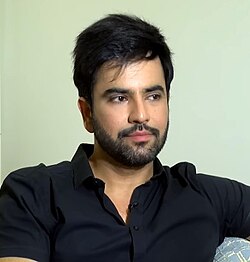
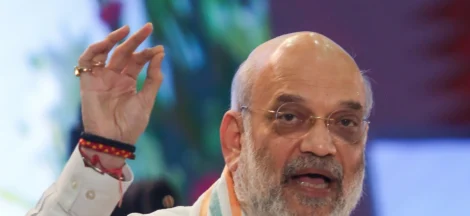
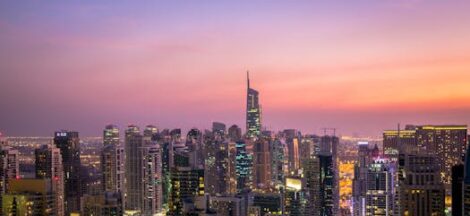
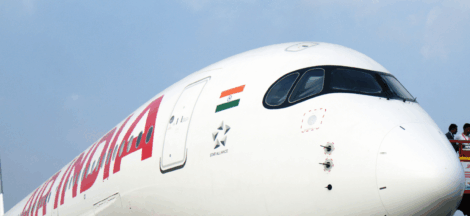
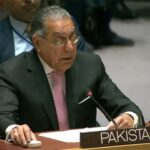 Pak Security Council Chair Big Diplomatic Blow to India
Pak Security Council Chair Big Diplomatic Blow to India 